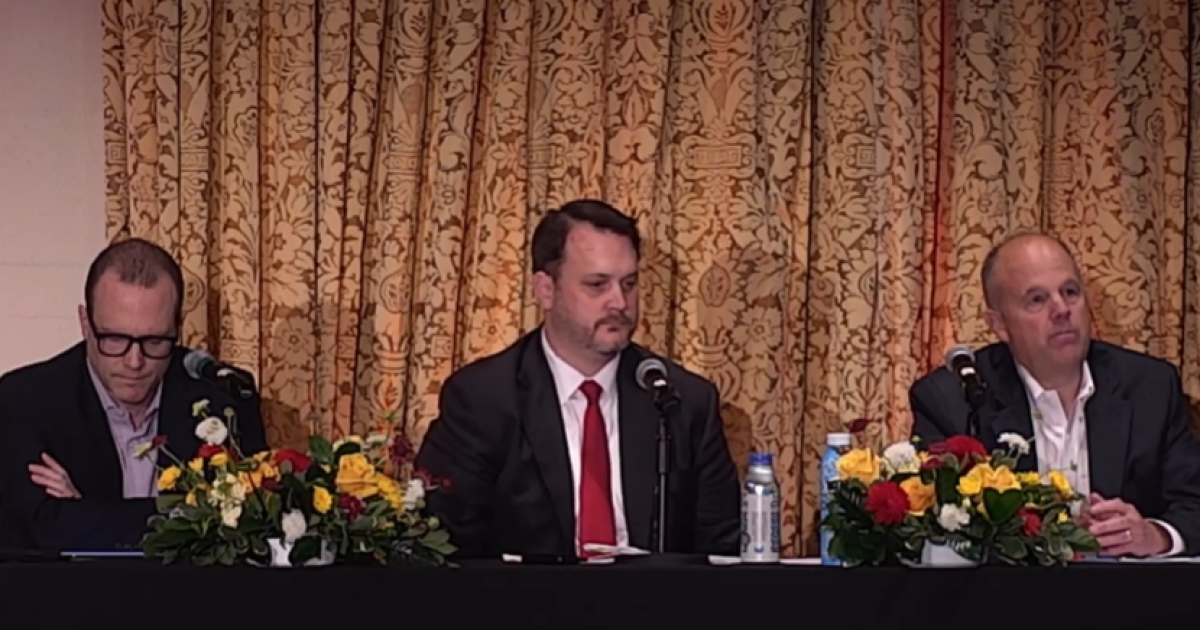The accounting profession is facing a perfect storm of staffing challenges. There aren’t enough accountants to handle the rising workloads, the workforce is getting older, and the number of new CPAs coming in has been slowing to a trickle over the past ten years. Companies are desperate for ways to keep their quality of service high, even though they have smaller teams. Artificial intelligence (AI) is one possible answer.
Accounting’s Talent Shortage By the Numbers
About three-quarters of the CPAs who work now are either at or close to retirement age and will be leaving the workforce in the next ten years. This “silver tsunami” means that many experienced professionals will soon leave the field.
Also, fewer people are taking the CPA exam, which means there are fewer new graduates entering the profession. Because of things like the 150-hour CPA requirement, lower starting salaries, and not understanding the profession well, fewer students are choosing accounting.
In addition to retirements, a lot of accountants in the middle of their careers have left the profession in the last few years. Over 300,000 U.S. accountants and auditors left their jobs between 2019 and 2022, a 17% decline in the workforce. This is a lot higher than the average quit rate in the economy, which shows that people in the field are facing burnout and dissatisfaction.
Ironically, there continues to be strong demand for accounting services. Companies need to find ways to do more with less because there is more work and fewer people. This is where technology, particularly AI, comes into play.
What Accounting Firms Can Automate Today
Recent advances in AI offer a timely opportunity to boost efficiency and alleviate overburdened staff. Modern AI tools can handle many routine, time-consuming accounting tasks, allowing human professionals to focus on higher-value work.
Here are some examples of how automation powered by AI can be used across different accounting tasks:
Bookkeeping and data entry: AI-powered software can classify revenue and expenses and reconcile accounts, automating bookkeeping and data entry. Algorithms scanning invoices or receipts can automatically extract all relevant fields, saving time and reducing data entry errors. AI matching ledger transactions to bank statement lines accelerates bank reconciliations from hours to minutes by detecting exceptions for human inspection.
Document review and audits: AI systems can quickly read and extract data from documents for audits and document review. AI lets audit teams evaluate entire contracts, agreements, and financial records for issues. Deloitte used cognitive artificial intelligence to examine all contracts and detect auditor-relevant phrases and irregularities.
Tax preparation and research: AI is simplifying tax preparation and research, from data collection to filing. Tax prep and research machine learning models can automatically extract and prepare W-2s, 1099s, and other tax documents for returns. This makes hand-entering taxes much easier. AI can optimize a client’s tax situation by finding qualified credits or deductions by verifying transactions against tax legislation.
Analytics and forecasting: AI can find trends and generate concepts that humans cannot. Accounting and advising firms use AI-driven analytics for risk assessment, fraud detection, and predictive forecasting. An AI model can analyze client financial data and identify unusual transactions or trends, alerting accountants to potential issues.
What AI Does Not Replace: The Human Judgment Factor
Despite AI’s amazing potential, there are crucial areas of accounting that technology should not (and cannot) replace. Accounting is, at its core, a profession of judgment, ethics, and trust – all elements that require a human touch.
Professional judgment and expertise: AI doesn’t have the background, skepticism, or experience that accountants do. Experienced accountants can comprehend unclear legislation, apply accounting standards to new scenarios, and make difficult transaction decisions. AI can propose or offer facts, but ultimate judgments like audit opinions or tax positions require human skill and accountability.
Ethics and skepticism: Accountants must follow strong ethical guidelines and take care. AI lacks ethics and skepticism. Fraud detection requires questioning and verifying facts with a healthy doubt, not merely noticing irregularities. A human auditor must determine if an unusual pattern is fraudulent or not. Human monitoring is needed to check AI outputs since algorithms can make mistakes or “hallucinate”.
Client relationships and communication: Accounting often involves talking to and working directly with clients. In uncertain times, clients rely on their trusted advisors to look at the numbers, explain options, and put their minds at ease. AI cannot replace the trust and understanding CPAs build with clients. When a business has to make a tough financial decision, they want a human advisor who can listen to its concerns and tailor advice to the specific situation.
Strategic thinking and creativity: AI can evaluate data effectively but not innovate or think strategically. Accounting firms must develop strategies, solve difficult financial problems, and solve client problems creatively. AI might show that a client’s costs are going up, but accountants need to be creative and think outside the box to find the best pathway forward. AI works with people to quickly analyze data and give them information that helps them make those decisions. Then, people use their judgment and creativity to choose the best course of action.
So how does my firm get started?
In general, AI should handle tasks, not responsibilities. By automating routine tasks, AI lets accountants use their most valuable human skills, such as judgment, ethical reasoning, communication, and strategic insight.
The bottom line is that AI can be a powerful ally in solving the accounting labor shortage, but success requires choosing the right tools and using them wisely. Start by addressing your firm’s pain points with proven AI solutions – whether that’s automating a tedious workflow or augmenting your team’s analysis – and ensure you maintain robust human oversight. With a thoughtful strategy, accounting firm leaders can harness AI to not only fill the labor gap but also to transform their firms for the better: boosting efficiency, enhancing services, and making the profession more attractive for the next generation of talent.


 Personal Finance1 week ago
Personal Finance1 week ago
 Economics1 week ago
Economics1 week ago
 Economics6 days ago
Economics6 days ago
 Economics1 week ago
Economics1 week ago
 Economics6 days ago
Economics6 days ago
 Finance6 days ago
Finance6 days ago
 Economics6 days ago
Economics6 days ago
 Economics4 days ago
Economics4 days ago










